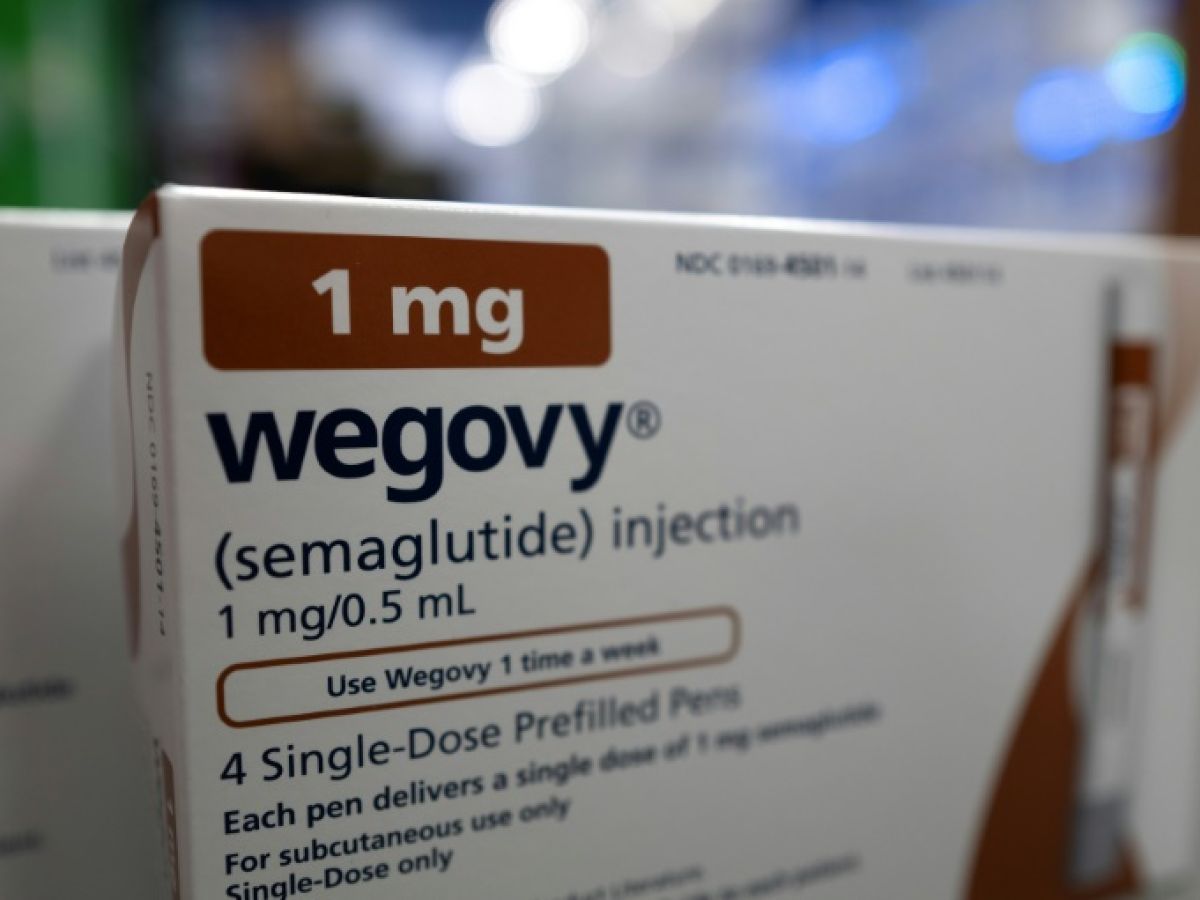Health authorities have opened the way for reimbursement in France of the anti-obesity drug Wegovy, only for patients suffering from severe obesity, a new generation treatment which was only marketed two months ago in France.
After an initial decision in December 2022, the High Authority for Health (HAS) confirms its positive opinion on reimbursement only for adults with marked obesity – beyond a body mass index of >= 35 kg/m2 – and only after a change in diet alone has not been sufficient to achieve weight loss.
In addition, the treatment must be followed in addition to a low-calorie diet and an increase in physical activity, according to the framework defined by the HAS.
Wegovy (semaglutide) is a GLP-1 analogue (aGLP-1), a class of drugs that mimic a gut hormone and stimulate insulin secretion and provide a feeling of satiety.
This drug is not, to date, registered for reimbursement and its price is therefore freely set, as in most of the fifteen countries where it is already marketed.
The final decision on registration for reimbursement will be made by the Ministers responsible for Health and Social Security and will be published in the Official Journal.
The HAS has recognized Wegovy as having provided “significant” medical services, which should ensure reimbursement of 65%.
While waiting for support, practical prices are estimated at "between 9 and 12 euros per day", according to the French subsidiary of Novo Nordisk.
In its first assessment two years ago, the health authority gave a positive opinion for adults aged up to 65, conditional on the publication of new data which this year demonstrated a cardiovascular benefit in obese patients.
– Recognized cardiovascular benefit –
"Semaglutide is the only drug to have provided proof of cardiovascular benefit," emphasizes the HAS, which this time lifts the age restriction.
It recommends that Wegovy, which targets an estimated population of between 1 and 2.1 million patients, should only be prescribed "after consulting a specialist in the management of obesity."
"With this new opinion, our objective is to obtain reimbursement from Wegovy as soon as possible" in the cases defined by the HAS, reacted the Danish manufacturer Novo Nordisk in a press release.
"This would in particular make it possible to ensure treatment coverage for patients currently receiving continued treatment until the end of January 2025, as part of the early access granted to Wegovy," adds the pharmaceutical group.
This device allowed several thousand patients to have access to Wegovy before its commercial launch in France in October.
This drug, which consists of a weekly injection with a progressive dosage, was authorized by the European Medicines Agency in early 2022 for the management of obesity in adults and since 2023 for adolescents over 12 years old.
The results are causing enthusiasm since the weight loss is, according to the HAS, around 17%, but its use is accompanied by side effects such as nausea, diarrhea and vomiting.
According to the HAS, stopping treatment "may be necessary, particularly in the event of a lack of efficacy", which it defines in particular as a weight loss at 6 months of less than 5%, or a failure to maintain it, or even continued weight gain.
The health agency plans "a systematic reassessment of the continuation of treatment" beyond two years.
Obesity now affects more than a billion people worldwide, according to a study published in March in the British medical journal The Lancet.
Faced with strong international demand, Novo Nordisk is investing heavily in production, efforts which have enabled, according to it, "to triple the number of patients treated with our GLP-1 analogues over the last 3 years (around 11.5 million people worldwide)".


